When you think “duck” what image do you see? I bet for a majority of people, the endearingly chubby, orange-billed and white-feathered barnyard duck leaps (or rather waddles) into your mind’s eye. That duck is the Pekin.
This duck breed is by far the most popular of the domesticated duck breeds, and its popularity has worked into a culture that is far from the homestead. Whether Donald Duck or the Aflac duck of commercials, from the fuzzy yellow ducklings in coloring books to The Story About Ping, Pekin ducks can be found pretty much everywhere you look.
Of course, there’s far more to Pekin ducks than pop culture. For the homesteader looking to raise a healthy source of meat or eggs, build a lively population for the pond, create a reliable source of ready-to-apply fertilizer, or simply enjoy the delightful antics of these silly poultry, Pekin ducks are a fabulous addition to the family.
Here’s what you’ll need to know to get started with your own flock of Pekins.
What Are Pekin Ducks?
China can be credited with coming up with the Pekin duck, or “10-pound duck” as its Chinese name roughly translates. Some 3,000 years ago, they domesticated wild mallard ducks using careful breeding to create the wide variety of barnyard ducks we know today.
Pekins came into the United States in the 1870s. They butted the dark-feathered Cayuga out of the dinner plate limelight because their white feathers resulted in a more attractive finished carcass. Ever since then, these talkative, heavy-bodied ducks have been the premier meat duck. In fact, more than 95 percent of duck meat consumed in the U.S. are Pekin ducks.
These are among the largest of the domesticated ducks with males reaching a hearty 10 pounds and females weighing 8 to 9 pounds at maturity. Females are decent egg layers too, producing around 150 absolutely giant eggs a year. Don’t expect them to hatch their own eggs, though. Pekins are typically not broody, so you need some other way of incubating eggs for the next generation.
How To Get Started Raising Pekin Ducks
Generally, folks get started with ducklings, and you could have no cuter addition to the homestead! Be sure to get more than one duck when you come home from the hatchery — ducks are social animals and even form friendships.
Additionally, ducklings are very difficult to sex so if it’s eggs you’re after, you may need to buy four or five to ensure you have enough females in the end. Once they start making adult sounds (in about 10 weeks) it’s much easier to tell who’s who. Hens quack (and quack LOUDLY). Drakes make quieter, husky sounds.
How To Care For Pekin Ducklings
The ideal setup and housing for ducklings is detailed very well here. As you’ll see, the final housing for free-range flock doesn’t need to be nearly as fancy as a chicken coop — just airy and dry-ish. Additionally, ducklings are MUCH messier than chicks. As waterfowl, they have no compunctions about taking that nice fresh water you just gave them, and turning it into a poopy, food-filled slurry within five minutes.
Maintaining fresh, clean water and dry bedding will be a big chore with your ducklings, but hang in there! They’ll be outdoors soon enough, and all your hard work will be worth it. In the meantime, their soiled bedding makes great compost — so take the mess in stride.
Related Post: Free Ranging: The Pros & Cons
Once you have your birds, get ready to watch them grow. Pekins grow fast, and within seven weeks, those little peeping balls of fluff may be well over 7 pounds.
Ducklings can be raised outside in mild weather within confinement, provided they have a dry, sheltered area to sleep at night and during wet weather. Some people give their ducklings outside excursions starting at 3 weeks old but in any case, without a watchful hen, you need to be the one to keep them safe.
They won’t be waterproofed and able to stay warm until they have feathered out, so as long as they are fuzzy and cute, keep them out of the rain and cold. You can allow them to swim in a kiddie pool or the bathtub every now and again after about 5 weeks, but you will have to help them. Like human kids, ducklings will swim until they’re too tired to get out on their own.
Once they have adult feathers, however, they will be good to go for the wide-open world. Some folks have ducks share the coop with their chickens, but in this homesteader’s opinion, it’s best to keep them separate especially if you have drakes. They may try to mate the chicken hens with fatal results. Their hardware is a lot different from a rooster.
What To Feed Pekin Ducks
I wrote a long article about what to feed ducks — and you can find it here! The short answer to this question is that ducks love greens, grains, and grubs. If they have access to forage and the bugs hidden alongside, they will be absolutely fine with some simple birdseed in a pan they can visit from time to time.
Related Post: What Do Ducks Eat?
Just make sure you don’t give your ducklings medicated chick food because they’ll overdose on it. And don’t give your adult ducks white bread or junk food.
Life With Pekin Ducks
Pekins are hilarious. They’re calm tempered and personable, especially if you spent a lot of time with them as ducklings. As dabbling ducks, they love spending time at the edge of bodies of water or puddles, ruffling around in the mud for tasty bits. Pekins are a great choice for free range as they are too heavy to fly and do very well on forage.
Just be sure to keep an eye on them and provide them a safe shelter at night (ducks are very vulnerable to passing dogs). Ducks can be trained to come back at night. I have a call just for mine, and usually accompanied with the sound of seeds shaking in a jar. This is especially nice if you’re collecting eggs in the morning. Having the ducks confined makes finding the eggs a lot easier. They don’t even need nesting boxes. Just some nice clean hay will make them happy.
Drakes can have a very high, erm, libido, so make sure your breeding flock has a healthy male-to-female ratio. A single drake can handle 10 to 12 females on his own, and if you have a small flock with multiple males, you may need to make some hard choices and get rid of all but one. These Don Juans of the bird world can mate a female to death if he takes too much of a liking to her. We had to butcher one of our Pekin males for this very reason.
Related Post: Homestead Stories: The Day I Butchered My First Duck
These birds can live up to 12 years. If you decide to keep them as pets, they will provide you with a life of silly companionship. Check out this vineyard’s pest management system, duck style:
And as a bonus, droppings are amazing fertilizer. Unlike chicken poo which needs to be composted before application, your gardens can get a dose of duck doo doo straight out the chute and grow amazingly as a result. Ducks also don’t scratch like chickens which means they can be great garden guards once your seedlings have gotten past the tender stage.
An Important Note About Easter Ducklings
When Easter comes around, the market for Pekin ducklings temporarily soars. Folks think it’s cute to gift these fuzzy yellow ducklings to their kids as a part of the holiday. Listen, I know ducklings are adorable. That’s part of the joy of ducks. But ducklings are actual living creatures and not toys for a child who has an attention span of 3 seconds.
The duckling who peeps adorably out of the Easter basket is also going to poop on everything, need daily care, and have access to the outdoors. It will grow into a large duck that is probably not legal in a suburban community, and the fate for most of these ducklings is premature death. If they don’t die from being roughly handled by children or eaten by the family dog, they often end up abandoned at the city park’s pond, or left at animal shelters that aren’t equipped to care for them.
Since Pekins are too heavy to fly and lack some survival instincts, they will not thrive like wild ducks. Also, most animal shelters are already pushed to their limits with the unwanted litters of kittens and puppies that come in the spring.
If you aren’t ready to offer these ducks what they need for their lives or to teach your children how to raise animals well, you have absolutely no business picking up Easter ducks at the feed store. It’s a short-sighted, selfish gift. Leave the ducks to folks who actually want them long term.
They are wonderful animals and deserve a good life. I truly enjoy having Pekin ducks as a part of my homestead, and I bet you will too. Do you have any personal tips or stories about your own flock? Let me know in the comments.


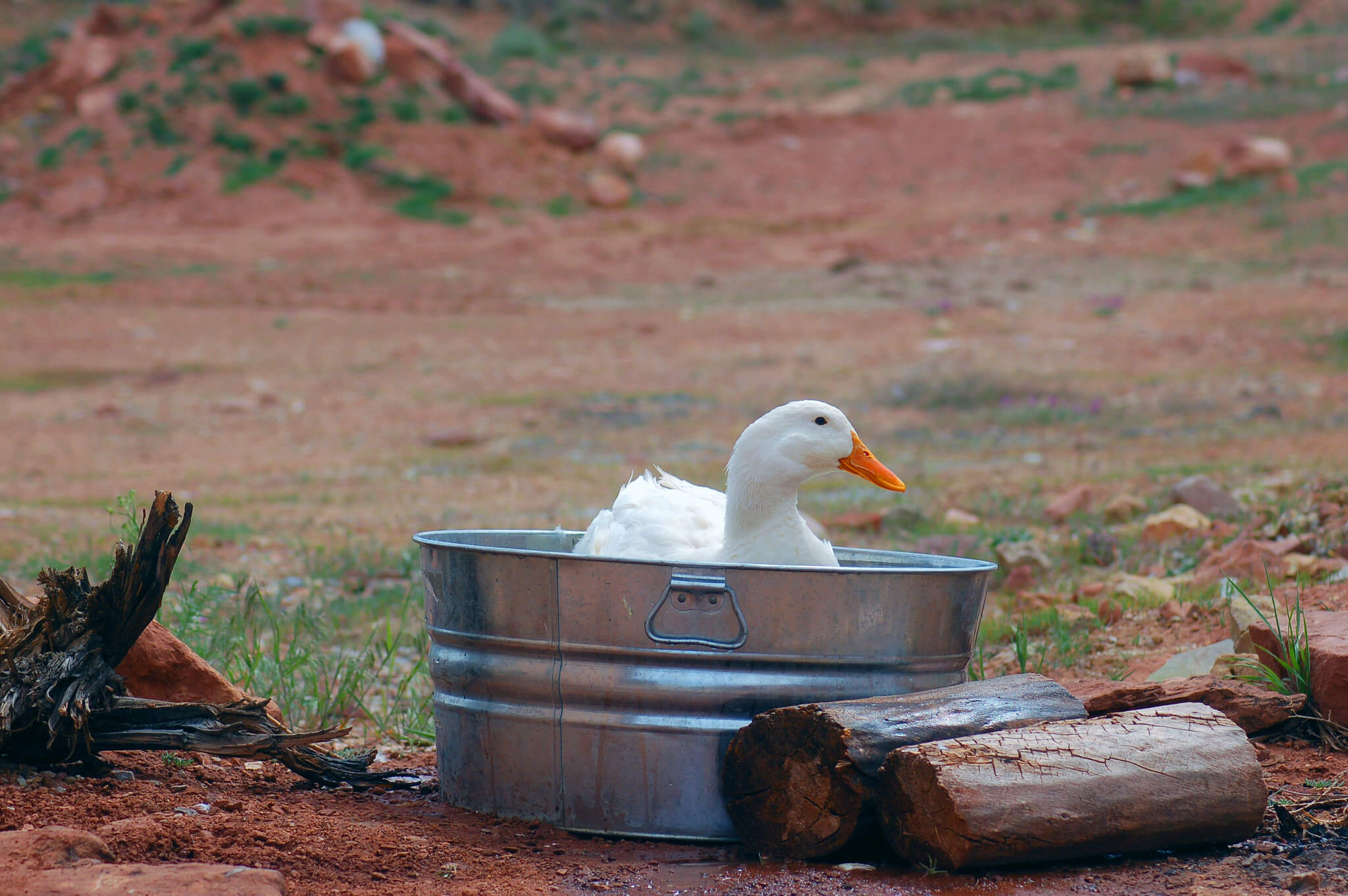
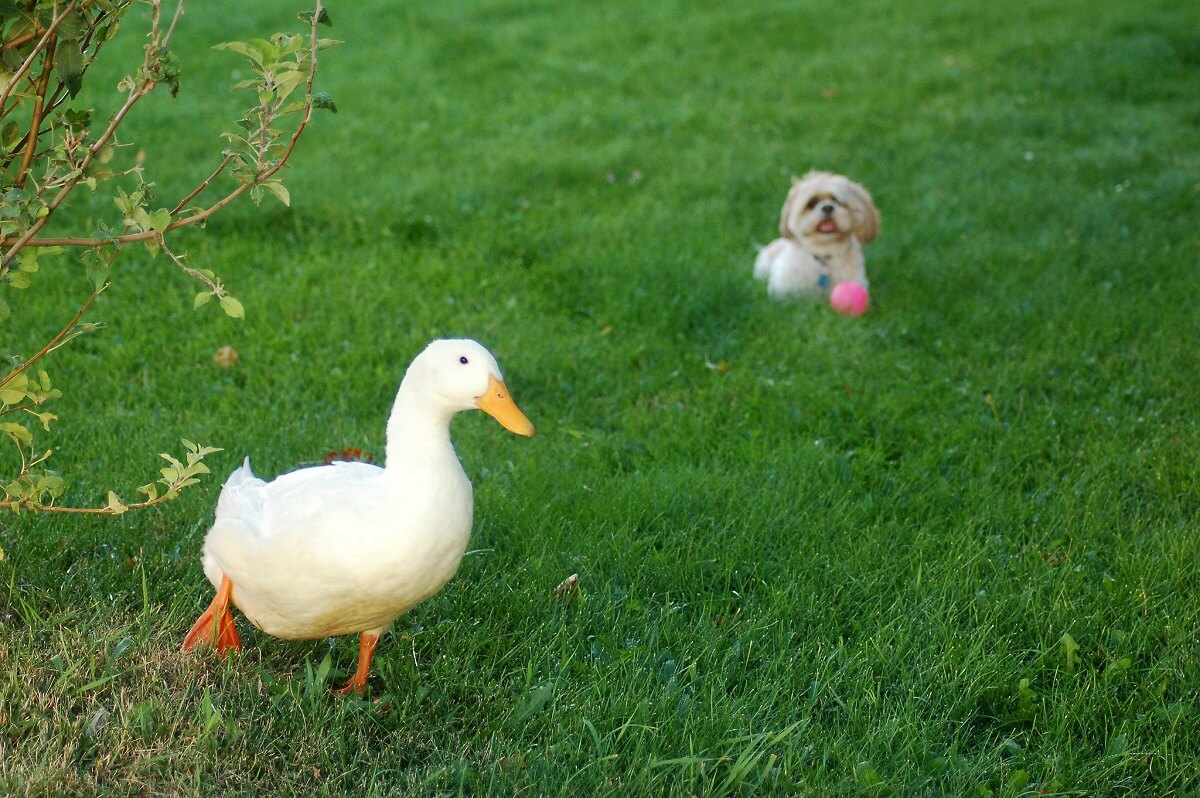
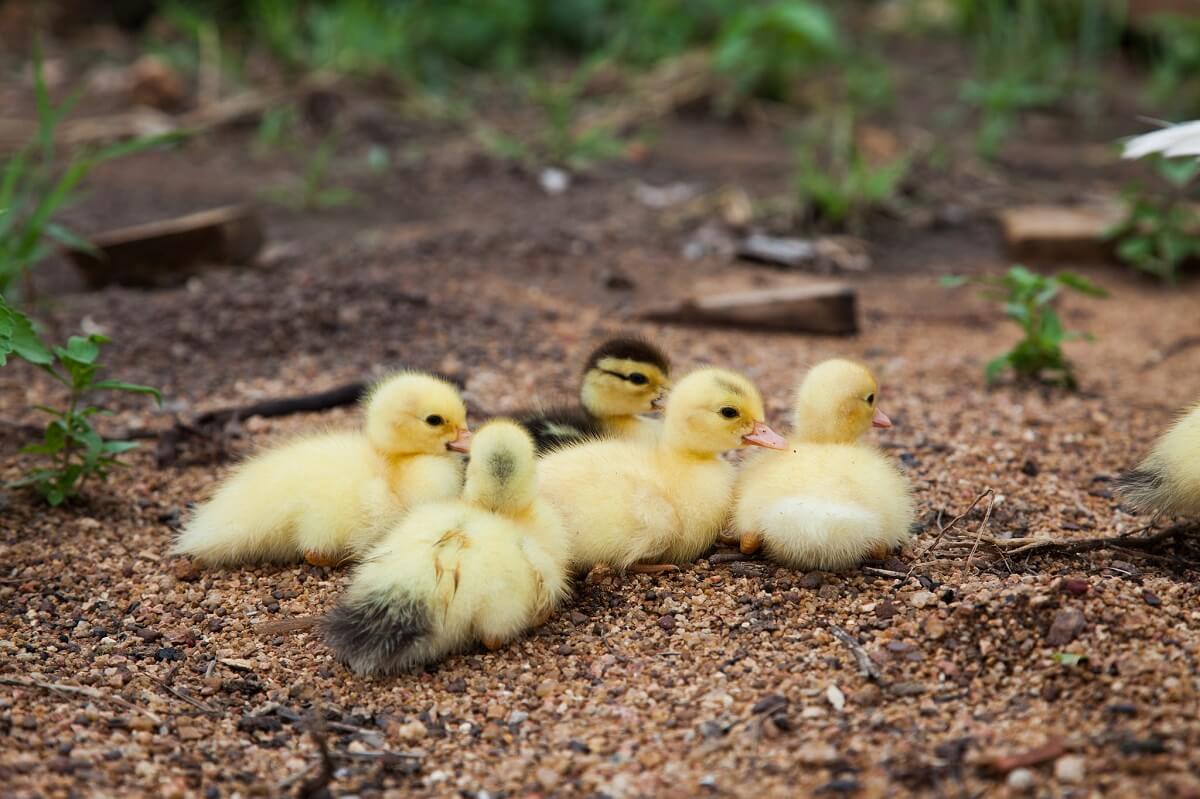

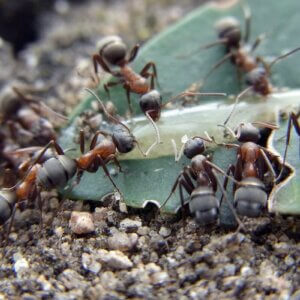
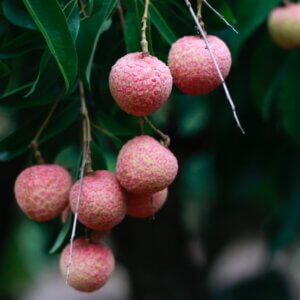

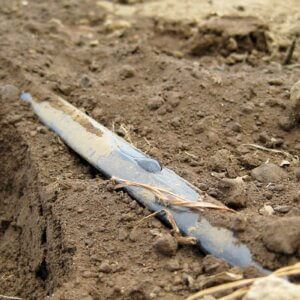

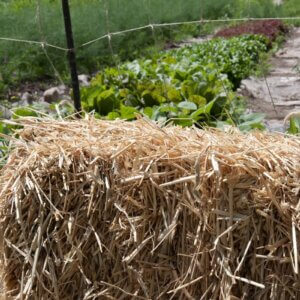








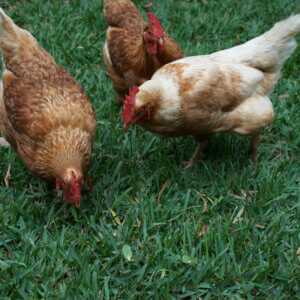

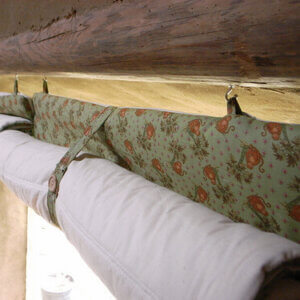
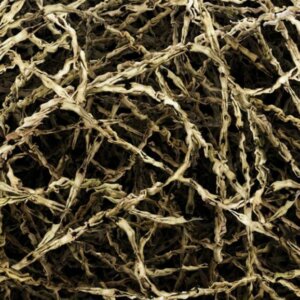
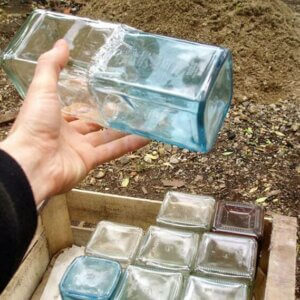

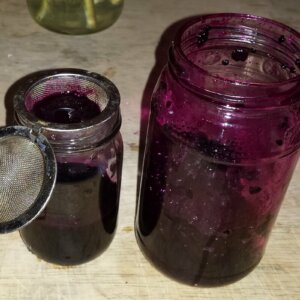


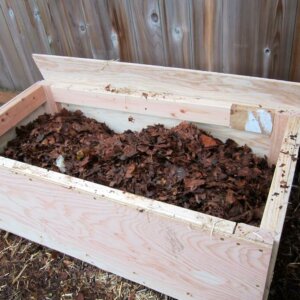
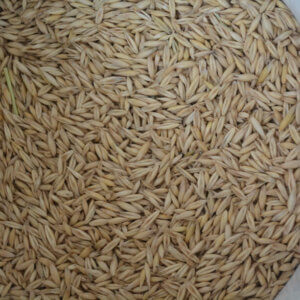
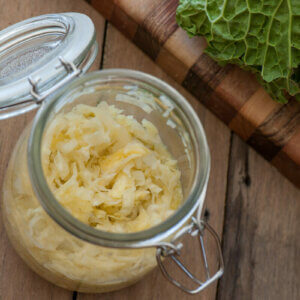
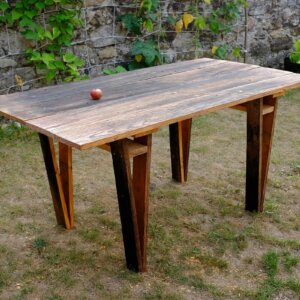

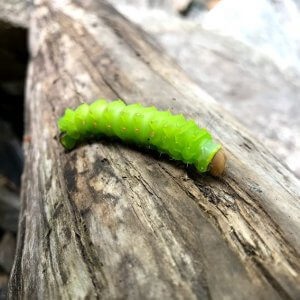
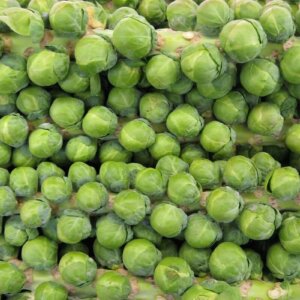

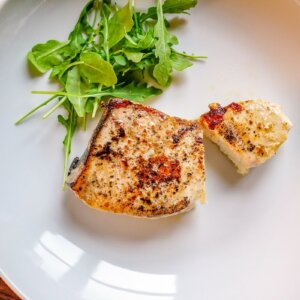
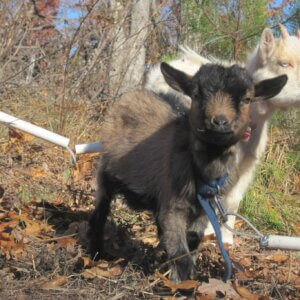




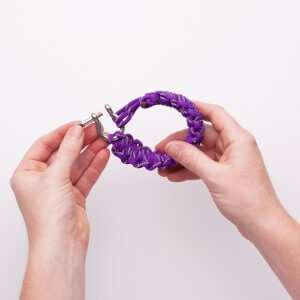
DO NOT leave new baby ducks in the pin or area of the adults. The adults will kill them.
Awww, that sounds like a lesson you learned through an awful experience. Yes–quite a good tip for those new to keeping birds. As with pretty much any poultry, don’t introduce new babies with an adult flock until they’ve feathered out and are big enough to fend for themselves!
We have 2 pekin ducks that are pets … I love them .. Yes they are so wonderful …
They’re funny, bumbling birds, aren’t they? I’m so glad you can enjoy the company of these silly creatures. I wouldn’t want to have a duckless life!
I had six Pekin ducks; rehomed three males; kept two females and a male. They are approximately 12 weeks old. They have a penned in yard with a bath available. A small barn for shelter. There is food and water in the barn. They spend 95% of their time in the barn…..when I go into clean, they will go out, but then go right back in when I leave. Don’t seem to want to be outside. It’s Summer and very hot in the barn during the day. I don’t understand…..any suggestions?
It’s hard to figure it out totally without seeing your setup, but I have a guess. I imagine that keeping the food and water in the barn is what’s keeping them there. Those are two things that ducks, especially a meat breed like a Pekin, will do pretty much anything for. Why not try moving the food and water out of the barn and into the yard? It will make the barn cleanup easier–they won’t be making as much a mess in there without the water–and it may get them outside and roaming a bit more. Let me know how it works out, if you can!
Photo/Attachment:
We got 4 pekins as babies so thet we can have them for eggs only. We ended up with 3 males and 1 female . And I know we have to rehome two of the males but I am so afraid of the season that people will want them to eat…what do I do? Also how does the egg laying work? How do I know if the egg is for eating or if it has a baby inside?…..sorry I am new to this….but I live them so much.